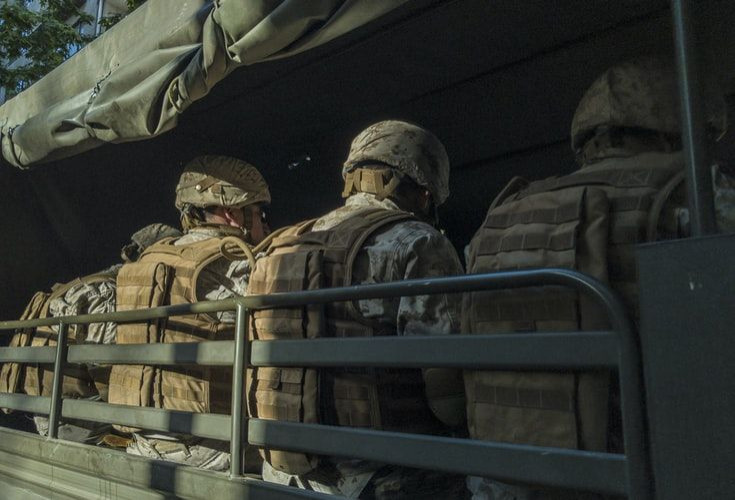The Pentagon has revealed on Thursday that some of the Colombian suspects in the heinous assassination of Haitian President Jovenel Moïse underwent U.S. training and education programs through their military service in the Colombian Military Forces.
In a statement, United States Department of Defense spokesman Lieutenant-Colonel Ken Hoffman noted that investigations are ongoing and further details will be disclosed as the review progresses.
For decades, the U.S. has been giving military assistance and training to Colombia and other allied nations from South America, Central America, and the Caribbean. It serves as U.S. support to the countries in their fight against drug traffickers, leftist guerillas, and right-wing paramilitary groups.
"This training emphasizes and promotes respect for human rights, compliance with the rule of law, and militaries subordinate to democratically elected civilian leadership," Hoffman said.
Colombian police chief General Jorge Luis Vargas last week confirmed that at least 13 of the Colombian suspects in Moïse's assassination had served in the Colombian military, according to CBS News.
Since the Haitian president's death, the U.S. deployed teams from the Federal Bureau of Investigations and the Department of Homeland Security to Haiti to support investigative efforts at the request of its government.
The U.S. then sent 12 additional Marine guards to assist with security for the U.S. Embassy in Haiti.
At least 21 of the 26 Colombian mercenaries working as private contractors helped rub out Moïse in a violent home invasion that also left his wife Martine seriously wounded, the Daily Beast noted.
Haitian National Police chief Léon Charles said that local police have since captured 23 of the suspects, where three were Haitians and at least three of the 23 suspects were killed. Five suspects remain at large.
Charles then confirmed that local cops retrieved a hat with the logo of the U.S. Drug Enforcement Administration (DEA), 20 boxes of bullets, gun parts, four license plates from the Dominican Republic, two cars and correspondence, in the home of local Christian Emmanuel Sanon, 62, who revealed his desire to lead Haiti in a YouTube video, Fox News reported.
A DEA spokesperson said on Tuesday that the agency was aware of reports that one of the suspects had yelled "DEA" at the time of the assassination. The agency, however, moved to assure the public that while the unidentified suspect contacted the DEA following the attack, they were not acting on the agency's behalf.

© 2025 Latin Times. All rights reserved. Do not reproduce without permission.




